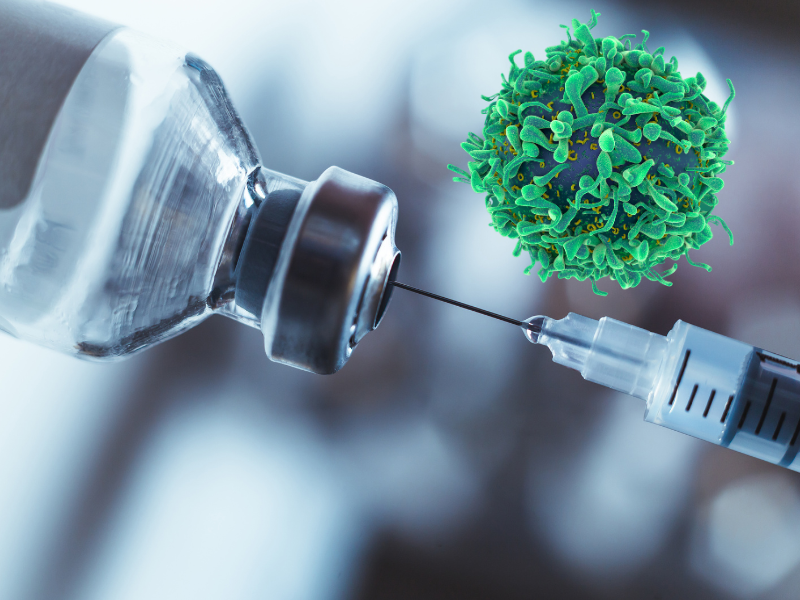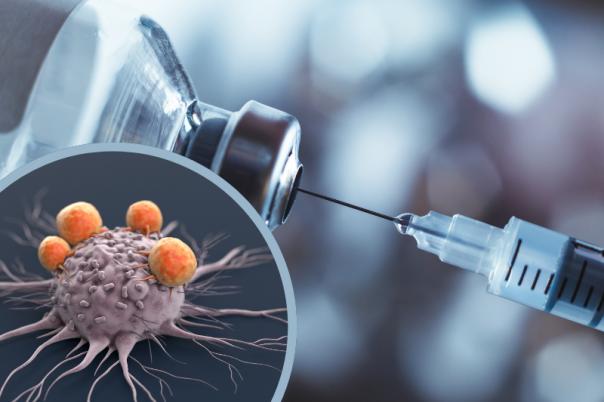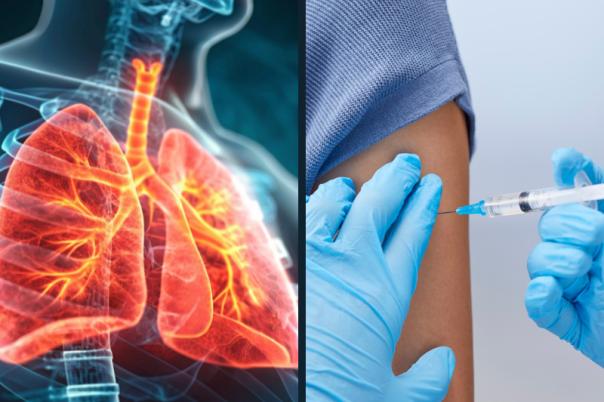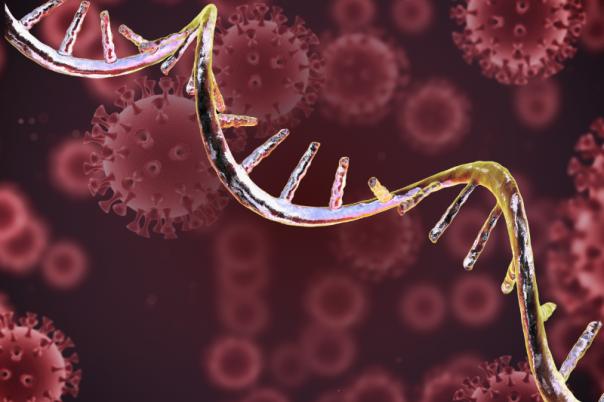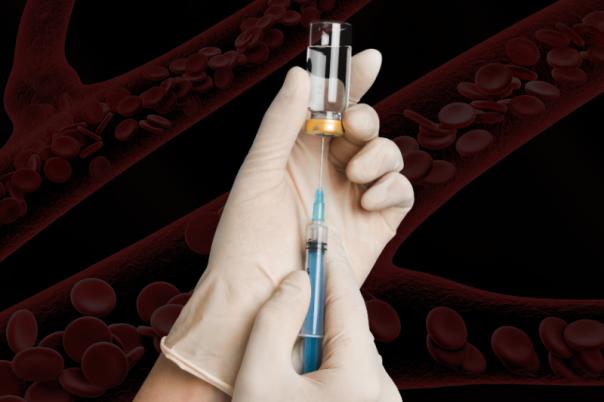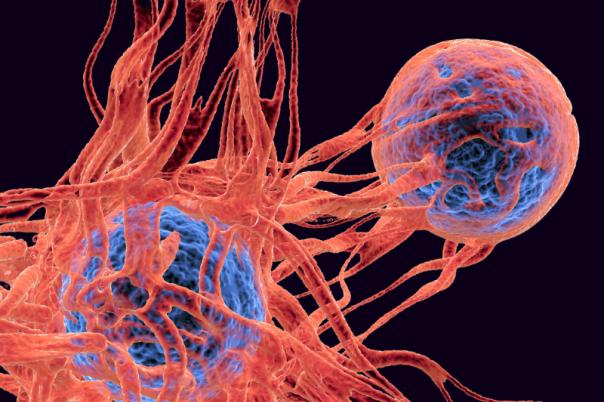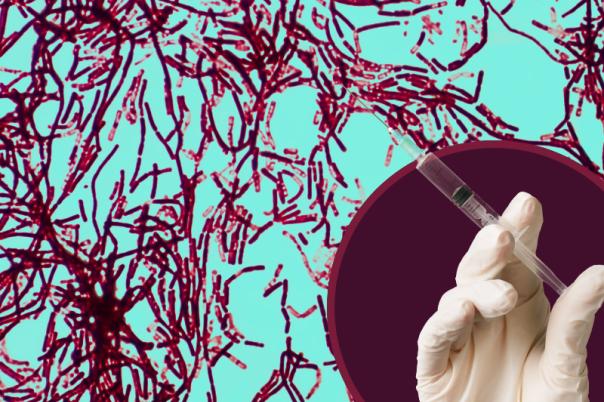A study has suggested that patient sex and vaccine type could influence the T cell response to COVID-19 after vaccination. The findings were the result of a collaboration between the Tulane University School of Medicine, New Orleans and the University of California, San Francisco.
The paper, published in the journal Vaccine, evaluated 60 healthy adults and the factors that affect their T cell immunity after vaccination. The study analysed samples collected between March and November 2021, when the Wuhan and Delta variants were predominant in the United States. Participants with prior SARS-CoV-2 infection were excluded from the main analyses to focus on vaccine-induced immunity.
Vaccinated subjects had T cells which expressed spike specific activation-induced markers (AIM+). On CD8+ T cells, AIM expression correlated with neutralising antibodies for SARS-CoV-2.
Interestingly, females’ CD8+ T cells were more likely to be AIM+ than males’, indicating a stronger T cell response in this cohort. The paper also found that sex difference was more predictive of response than factors like BMI and age.
Furthermore, the paper noted: “unique patterns in CD4 T-regulatory cells, cytokine profiles, and central and effector memory subsets,” depending on which vaccine subjects took (Moderna, Pfizer, or Janssen).
These findings come from a subset of a study called Building Optimal Antibodies (BOOST) conducted in San Francisco. BOOST was designed to investigate how vaccine response is influenced by a variety of factors like age, immune cell age, sleep, mood, and stress.
